Gallery
Photos from events, contest for the best costume, videos from master classes.
/Sartre-1500x-56a04bce3df78cafdaa0f34e.jpg) | 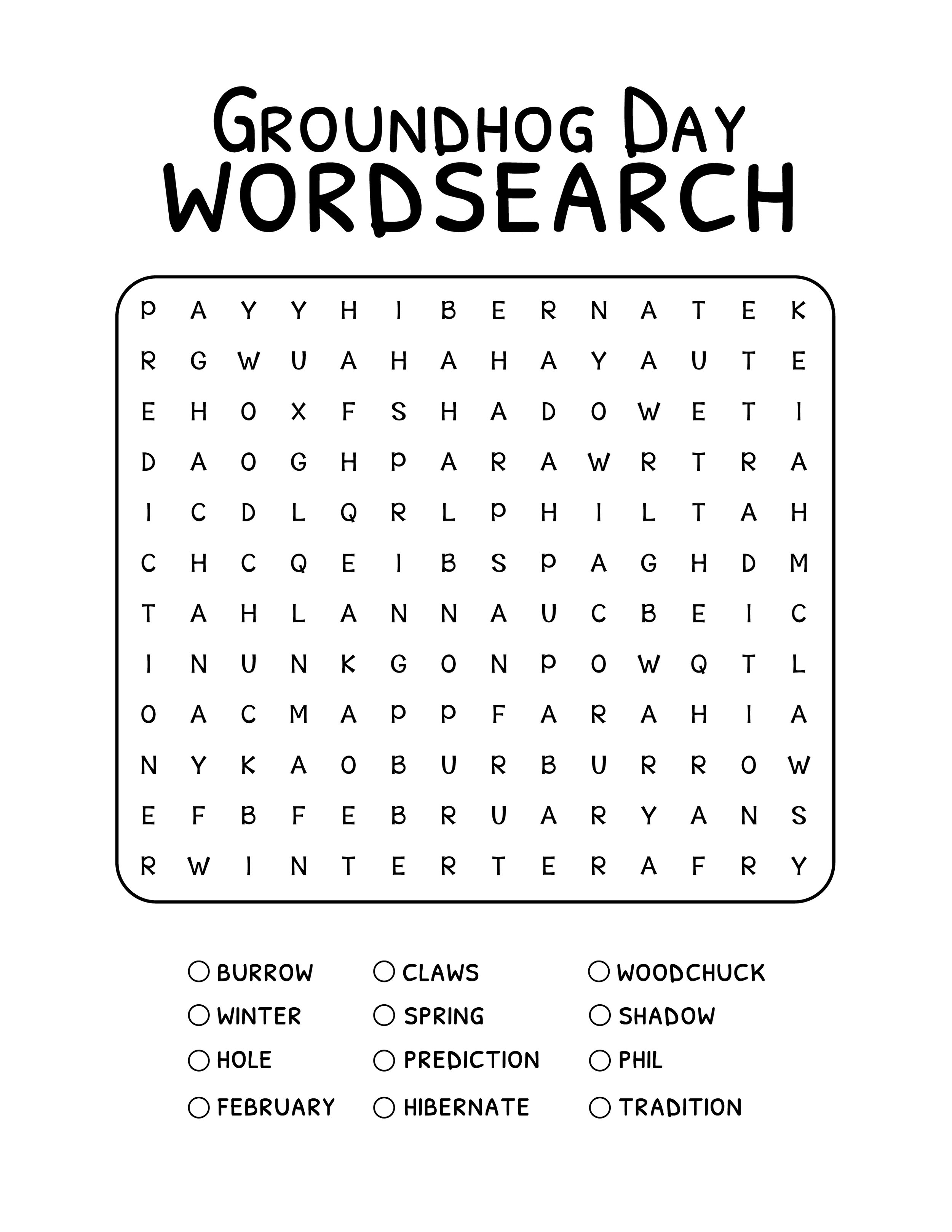 |
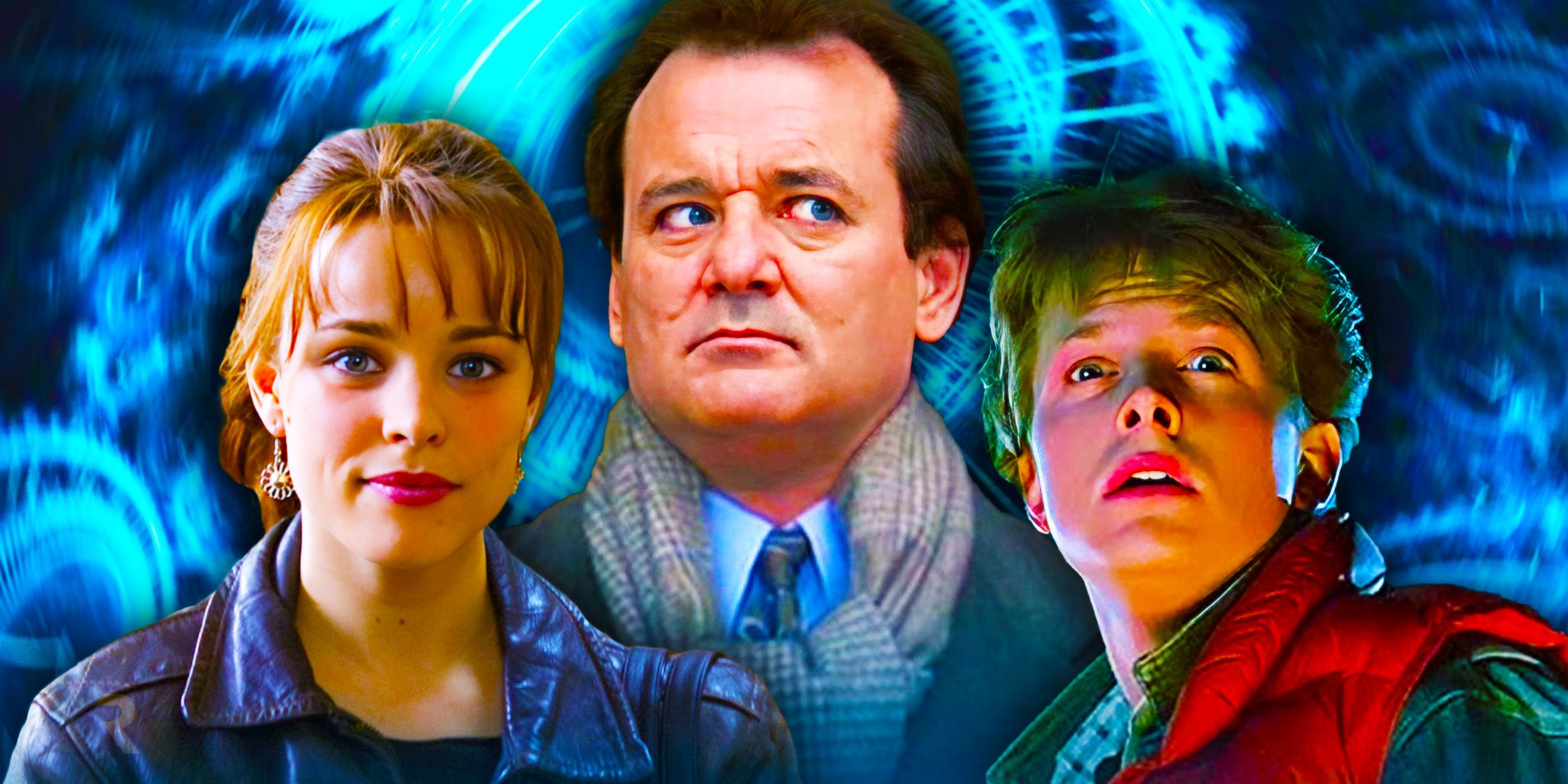 |  |
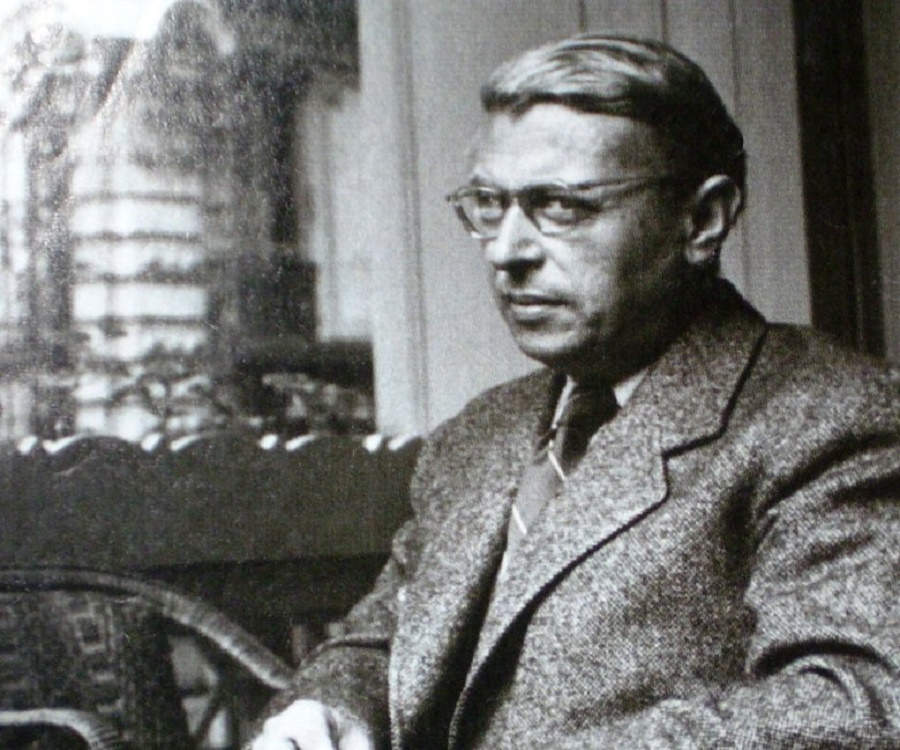 |  |
 | 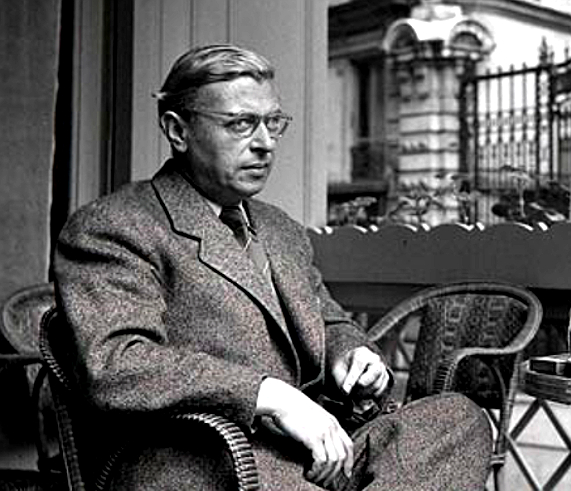 |
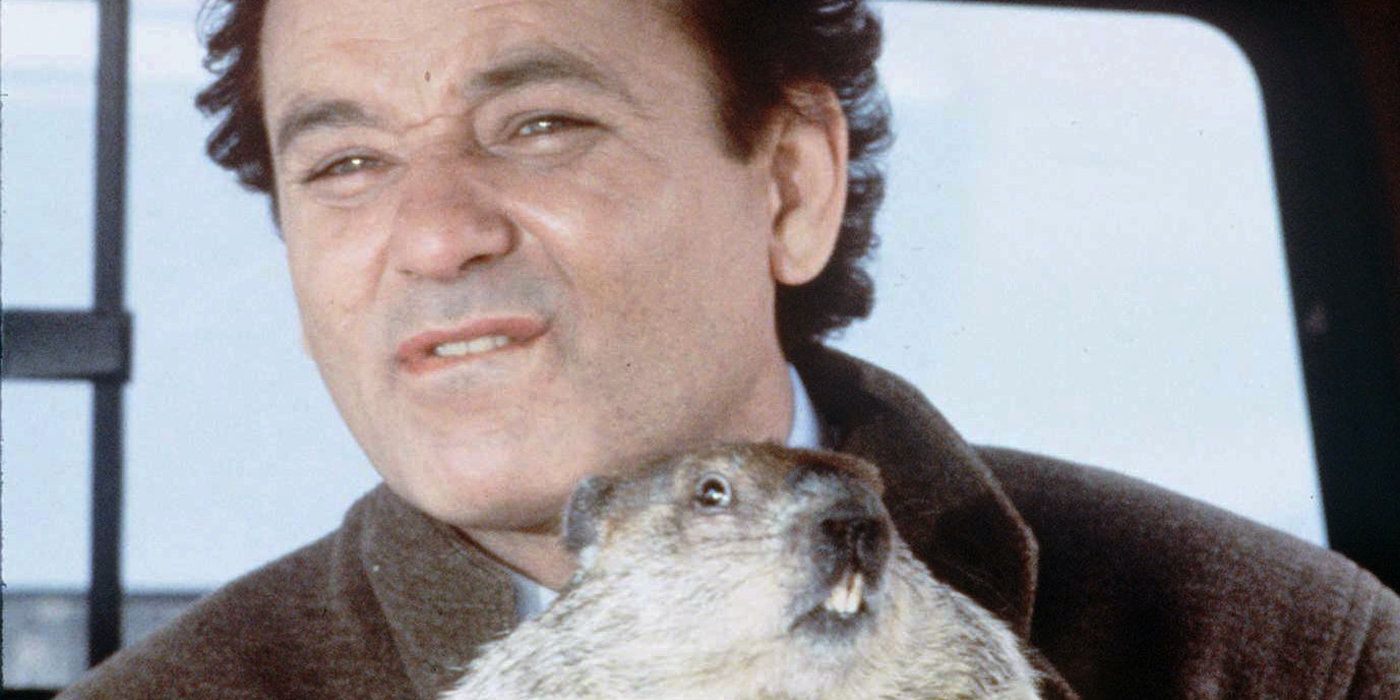 |  |
 |  |
Harold Ramis' Groundhog Day is a movie that many people watch annually on February 2nd, but this year has a special significance. that builds off the work of thinkers like Jean-Paul Sartre and Existentialism Rodents to Freedom Matthew Coniam says that Groundhog Day explains existentialism more entertainingly than Sartre.. Groundhog Day (1993) was one of the most critically acclaimed and popular American film comedies of the nineteen-nineties, admired both for its warm-hearted romance and for the delightful comic absurdity of its central premise. Jean Paul Sartre; Thomas Nagel; Ludwig Wittgenstein; A. J. Ayer “Groundhog Day” is a film that finds its note and purpose so precisely that its genius may not The movie was groundhog day and the philosopher was Jean-Paul Sartre . My main point will be to write about the concept of freedom that both of them having it in common. But, the meaning of freedom in the movie is different than in the philosophy of Jean-Paul Sartre , since they interpret it in different ways. Such as, the meaning of freedom In conclusion to all of this, the comedy film Groundhog Day does an excellent job of presenting the philosophical framework behind existentialism. Taking ideas from both philosophers Friedrick Nietzsche and Jean-Paul Sartre was executed perfectly by the director whether it was done purposefully or not. The film is called Groundhog Day and it was released in 1993. My main point is to write about the themes of existential that both of them have in common. But, in the film, the themes of existential are different than in the philosophy of Jean-Paul Sartre, since they have a long gap of times in their period. For Sartre, the first theme of Understanding the imagination was central to Sartre’s attempts to understand what it is to be human, and how we should live. Maria Antonietta Perna thinks he had important insights which are still worth considering. Rodents to Freedom. Matthew Coniam says that Groundhog Day explains existentialism more entertainingly than Sartre. The term “existentialism” used for first time by Jean-Paul Sartre and his associates, such as Simone de Beauvoir, Maurice Merleau-Ponty, and Albert Camus during the cultural movement in Europe in the 1940s-1950s . Existentialism was a term coined by Gabriel Marcel and applied to Jean Paul Sartre and Simone de Beauvoir. It is the philosophical idea that reality is characterized by change. Existentialist believe that reality is change, and as a human, you are in a constant process of becoming who you are. In this essay, when I talk about essence precedes existence, I will be referring to Jean Paul Sartre’s theory of 'existence precedes essence.’ The concept of freedom was shown through the symbolism of different things that demonstrated existentialism. Jean-Paul Charles Aymard Sartre was a French philosopher, playwright, novelist, screenwriter, political activist, biographer, and literary critic, considered a leading figure in 20th-century French philosophy and Marxism. “Turns out, parenthood is Groundhog Day as written by Jean-Paul Sartre. Paris Hilton & Nicole Richie Become Glamour's Editor-in-Chiefs for a Day. Culture. Jean-Paul Sartre states in his piece Existentialism is a Humanism that “man is condemned to be free”. In both the films Groundhog Day and Harold and Maude, the protagonists, Phil and Harold respectively, can be related to this statement. Similarly, Phil's path in Groundhog Day is about learning to accept responsibility for his acts and making decisions that reflect his ideals, even if they contradict society conventions sense of emptiness and absence of purpose is a defining feature of Sartre's existentialism, since people must discover their own meaning and purpose 3 a tree or comforting a man about to die. Existentialism seeks to answer the question of how one should live their life. “Existence precedes essence,” a quote by one of the greatest Existentialist, Jean Paul Sartre, talks about how a person needs to accept that they exist in life without a role or purpose except for the one they make for themselves. Jean-Paul Sartre, French philosopher, novelist, and playwright, best known as the leading exponent of existentialism in the 20th century. In 1964 he declined the Nobel Prize for Literature. Learn more about Sartre’s life, works, and philosophy in this article. Jean-Paul Sartre’s The Emotions: I’m Charles. If you’re stuck in a financial Groundhog Day, duplicating the same battles, let’s break the cycle. The 1K a And They Lived Happily Ever After: Directed by Silver Tree. With Penn Badgley, Victoria Pedretti, Saffron Burrows, Tati Gabrielle. Now married with a young baby, Love and Joe try to forge a normal life in the affluent suburb of Madre Linda. Jean-Paul Charles Aymard Sartre (/ ˈ s ɑːr t r ə /, US also / ˈ s ɑːr t /; French: ; 21 June 1905 – 15 April 1980) was a French philosopher, playwright, novelist, political activist, biographer, and literary critic. Groundhog Day Existentialism Analysis Groundhog's Day's Take On Existentialism A weatherman, Phil Collins, not content with his life, reluctantly heads to Punxsutawney in Pennsylvania to report on the Groundhog Day festival with Rita, his producer and Larry, a cameraman.
Articles and news, personal stories, interviews with experts.
Photos from events, contest for the best costume, videos from master classes.
/Sartre-1500x-56a04bce3df78cafdaa0f34e.jpg) |  |
 |  |
 |  |
 |  |
 |  |
 |  |